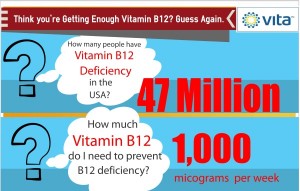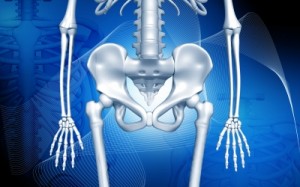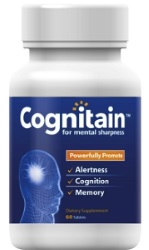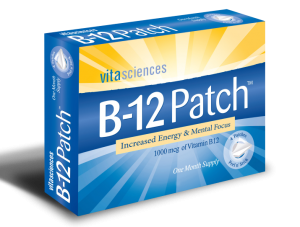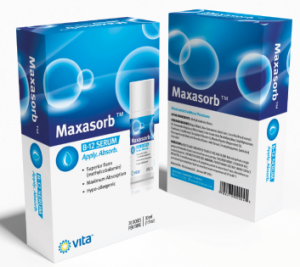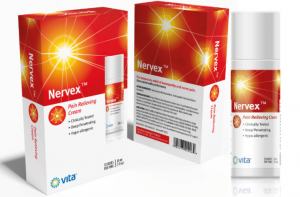 If you have ever tried to lose weight, then you probably have been told to track your calories. Most calorie trackers focus on keeping track of the calories you consume through food. On the other hand, fitness trackers or workout machines may track how many calories you burn during the day. However, is there more to the story of weight loss, or is calories in and calories out the only key to success? A recent report by health experts reveal that there may be more than simple math in the weight loss equation.
If you have ever tried to lose weight, then you probably have been told to track your calories. Most calorie trackers focus on keeping track of the calories you consume through food. On the other hand, fitness trackers or workout machines may track how many calories you burn during the day. However, is there more to the story of weight loss, or is calories in and calories out the only key to success? A recent report by health experts reveal that there may be more than simple math in the weight loss equation.
What are is a calorie?
A calorie is a unit of energy that is found in food and beverages. The four major macronutrients that consist of calories include:
- protein at 4 calories per gram
- carbohydrate at around 4 calories per gram
- fat at 7 calories per gram
- alcohol at 9 calories per gram
Whatever calories you consume that are not used as energy are stored in the body as fat. In simple terms, you may lose fat stores if you consume less calories than you burn. Calories can be burned by physical activity, but calorie expenditure may also increase in those who are growing, injured, or ill. This is because your body will need more energy to support such processes that involve cell reproduction and other related processes.
Are some calories healthier than others?
Not all calories are created equal. The recent report reveals a growing trend of people focusing solely on the number of calories in and calories out, rather than the quality of calories consumed. Although this may lead to a calorie deficit, and in turn weight loss, it is not necessarily healthy.
For example, a piece of candy and an apple may both contain 100 calories. However, the candy mostly contains empty calories because they contain little to no nutritional value. The calories in the candy are mainly from simple carbohydrates like sugar as well as fat. However, in the apple, those same calories contain many nutrients such as fiber, vitamin C, and potassium. Therefore, the calories from the apple will provide your body with more health benefits than the candy.
Weighing in on the “Calories In, Calories Out” equation
The latest diet craze known as CICO (Calories In, Calories Out), may lead to vitamin and nutrient deficiencies according to experts. If you are not looking at the nutrient quality of the calories you consume, then you may increase your risk of heart disease, osteoporosis, anemia, to name a few. In addition, if you restrict yourself of too many calories, then you may develop fatigue and malnutrition, which does your body more harm than good. Contact a registered dietitian to help you determine how many calories you need to support your lifestyle, while still helping you to lose any excess weight.
How to Work on Weight Loss
There is no one size fits all plan to help everyone lose weight. However, there are several things you can do today to get on the right track towards healthy weight loss and maintenance.
- Watch your portion sizes at meals and snacks. A simple way to determine how much food you need to eat at each meal involves your protein and fiber needs. Most adults should consume at least 25 grams of fiber a day through whole grains, fruits, and vegetables. Your protein needs, in grams, can be determined by dividing your weight in pounds by 2.75. Once you determine your fiber and protein needs, use a nutrition tracker to ensure you meet these needs with mostly whole foods, or foods that are minimally processed. Also, chew your food more per bite, slow your pace of eating to 20-25 minutes per meal, and be mindful of the food choices you make by looking at nutrition labels before you make food purchases.
- Stay active most days of the week. Balance out each week with cardiovascular and resistance exercises. Cardio exercises include walking, jogging, swimming, or biking. These exercises work to increase calorie burn. Resistance exercises, on the other hand, such as lifting weights, doing push-ups, or using resistance bands, help to maintain lean muscle mass. Maintaining your muscle mass as you lose weight helps you to maintain calorie-burning power, also known as metabolism.
- Get plenty of sleep. Weight loss may be more difficult for those who do not sleep well. This is because lack of sleep can disrupt the hormones that control hunger and appetite. Try to get at least 6-8 hours of sleep each night. If you have trouble sleeping due to visiting the bathroom regularly, stop drinking fluids at least 2 hours before bedtime. If pain is keeping you up, visit your doctor to get support. If you are not sure what is causing your restless sleep, you may have sleep apnea. You can ask your doctor about getting a sleep study done to determine the cause of your sleepless nights.
- Visit your doctor if diet and exercise are not leading to weight loss. If calories in and calories out are leading to weight plateaus or gains, then there may be an underlying health issue. Research has shown that some people who have a family history of obesity may have a harder time losing weight than those that don’t. This could be due to:
- genetic factors.
- increased risk of conditions like hypothyroidism or insulin resistance.
- environmental factors such as growing up without knowledge of healthy eating behaviors.
- Fill in your nutrient gaps with vitamins and supplements. At the very least, take a multivitamin such as Zestia by VitaSciences. Zestia contains a blend of Super Food extracts, probiotics, and digestive enzymes helps to support optimal health. If you live in a climate with little sunlight, you may also need to add a vitamin D3 supplement to your daily routine. Low vitamin D levels can affect many aspects of health such as bone and immune health, to name a few.
-written by Staci Gulbin, MS, MEd, RD, LDN
Sources:
Centers for Disease Control and Prevention (November 16, 2016) “Finding a Balance”
Harvard T.H. Chan School of Public Health (accessed November 27, 2017) “Protein”
Medline Health News (November 22, 2017) “It’s the Latest Diet Craze, But Is It Safe?”
Medline Plus (accessed November 28, 2017) “Vitamin D”
